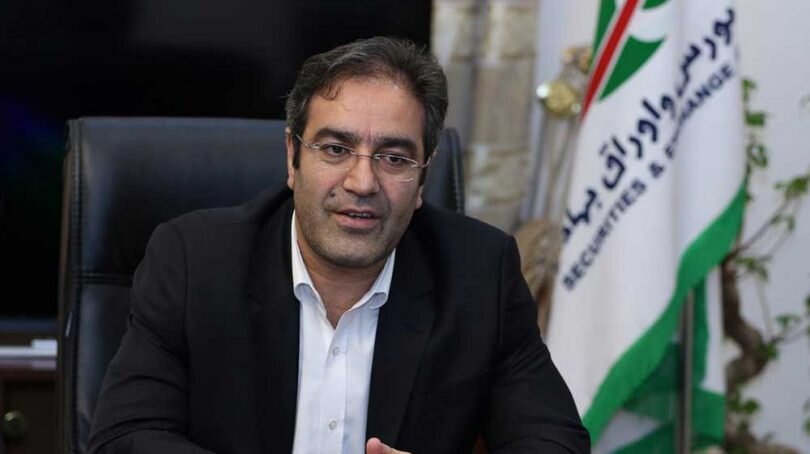Capital market attracts over $700m of liquidity: SEO head

TEHRAN- Iranian capital market has attracted 30 trillion rials ($714.2 million) of liquidity at Tehran Stock Exchange (TSE) and over-the-counter (OTC) market known as Iran Fara Bourse (IFB), IRIB reported quoting Shapour Mohammadi, the head of Iran’s Securities and Exchange Organization (SEO), as saying.
The official had also said in January that the value of foreign investment in Iran’s capital market has reached 13.7 trillion rials (about $326 million).
As previously announced by Hamid Rouhbakhsh, the director of TSE’s public relations and international affairs office, foreign investors are present in 36 industries at TSE.
The first trading code was issued for a foreign shareholder in Iranian calendar year of 1373 (1994-95) to let it commence its activity in Iranian capital market.
The statistics show that stock market in Iran is moving toward more and more development and creating better condition for entrance of more investors.
This market has experienced a 250-percent growth of index over the past three years and its value has reached 12.282 quadrillion rials (about $285.714 billion) at the end of the third Iranian calendar month of Khordad (June 21), which equals 40 percent of Iran’s GDP.
Some 630 large companies, active in 40 industries, with full transparency in performance are currently present at Tehran Stock Exchange and Iran Fara Bourse.
Increasing number of the companies, rising capital, and diversity of securities all indicate that this market is working well toward more capital funding, but it is unfortunate that despite all these promising factors, stock market’s share is still low in this due.
One reason is that investors have their eyes more on the banks rather than the stock market for securing their required fund; it seems somehow logical as the banking system has a longer history in Iran compared to the stock market.
The other reason is the people’s low knowledge and familiarity with the stock market. They prefer to deposit their money in the banks rather than making investment at the stock market.
MA/MA
